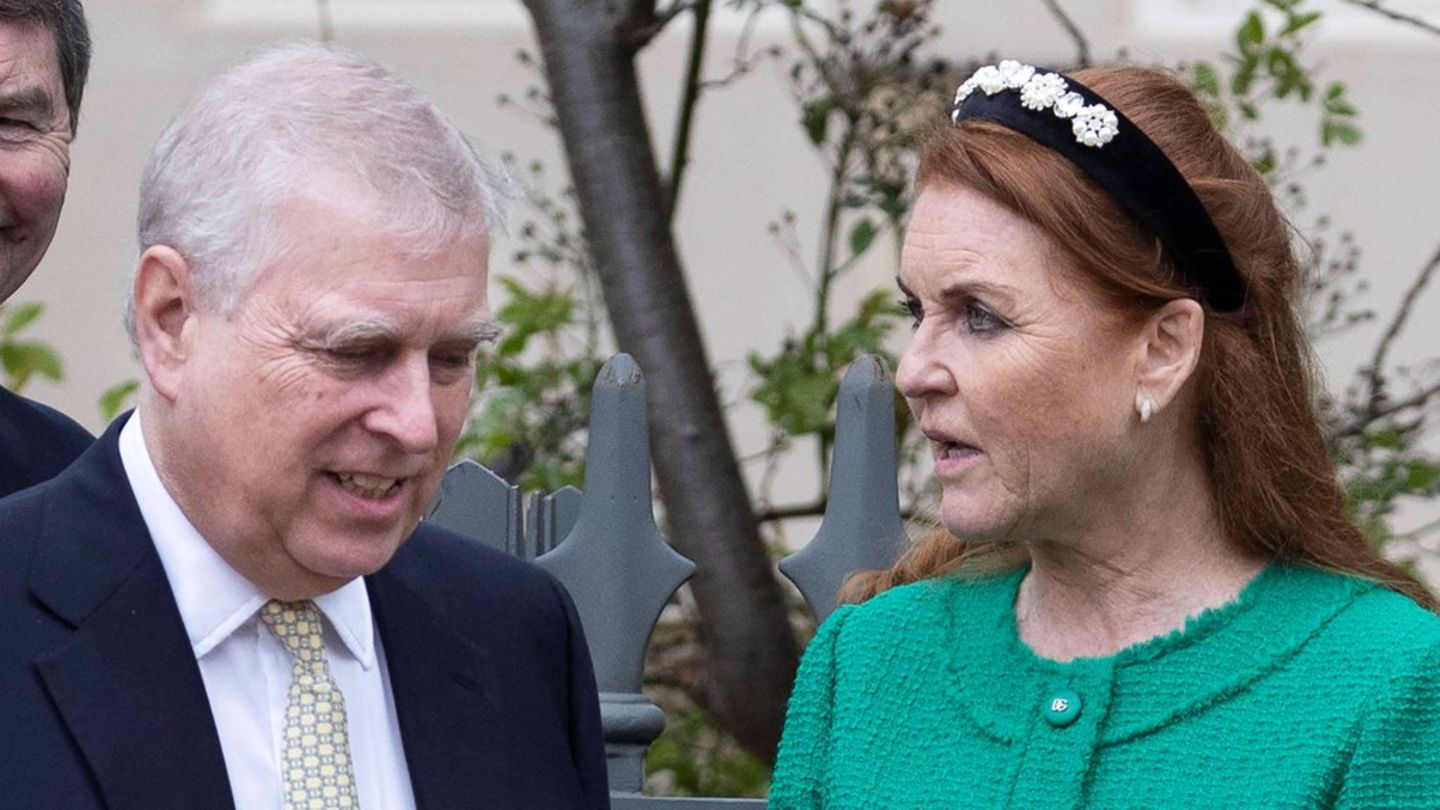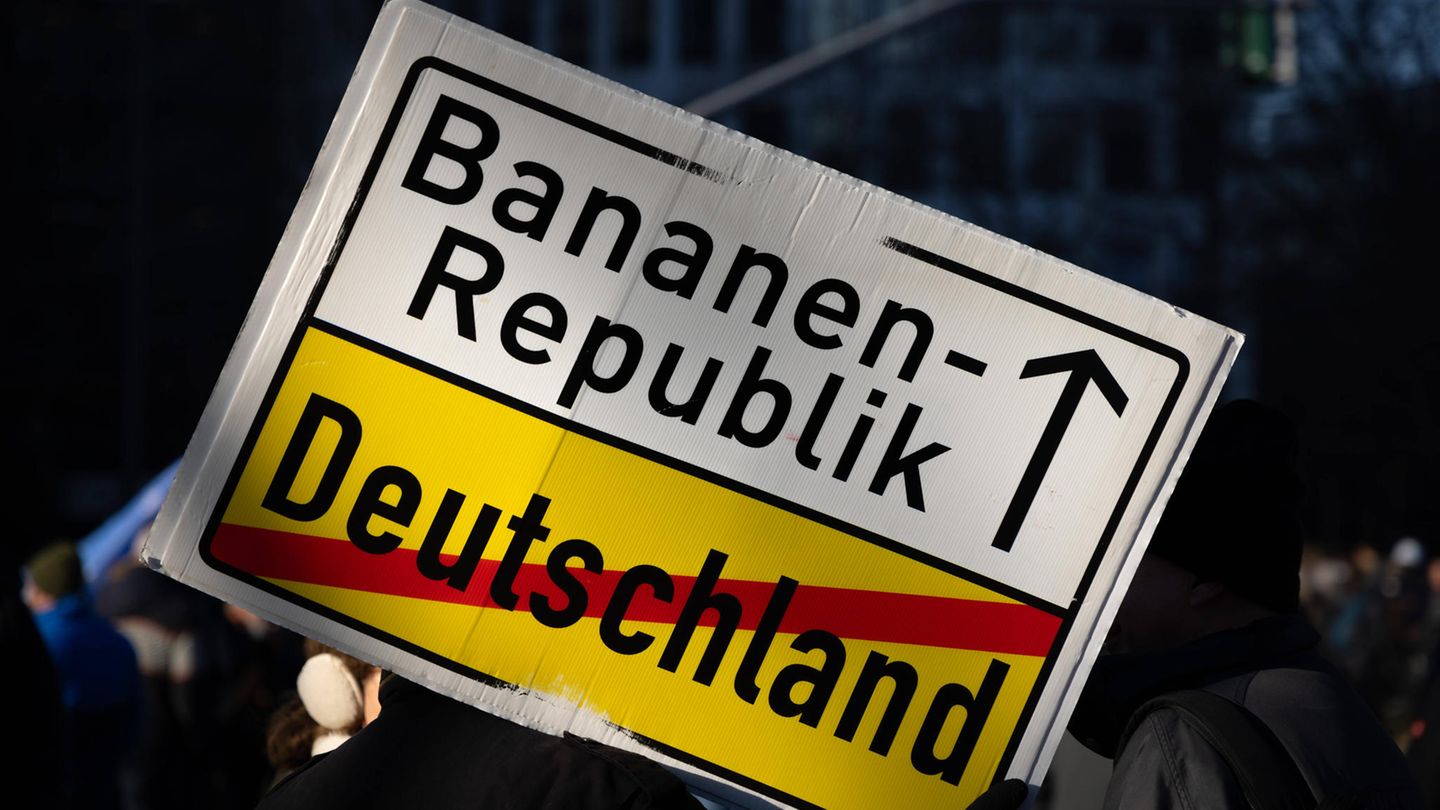I have been working in the news industry for over 6 years, first as a reporter and now as an editor. I have covered politics extensively, and my work has appeared in major newspapers and online news outlets around the world. In addition to my writing, I also contribute regularly to 24 Hours World.
Menu
Economic crisis: How companies distract from their own mistakes
Categories
Most Read
Comprehensive screening deters Russia – says Boris Pistorius
October 19, 2025
No Comments
CDU closed meeting: How stable is the CDU’s firewall against the AfD?
October 19, 2025
No Comments
Ukraine War: Media: Putin demanded control over Donetsk in Trump’s call
October 19, 2025
No Comments
Demonstrations: “No Kings”: Mass protests against Trump again in the USA
October 19, 2025
No Comments
Military Service Law: Pistorius: Comprehensive military service deters Russia
October 18, 2025
No Comments
Latest Posts

Economist warns of real wage increases at the expense of competitiveness
October 19, 2025
No Comments
According to data from the European Central Bank, negotiated real wages in this country have increased by around 0.6 percent since December 2021. Carmen Treml,

Prince Andrew: celebration for Sarah Ferguson canceled
October 19, 2025
No Comments
Lisa HarrisI am an author and journalist who has worked in the entertainment industry for over a decade. I currently work as a news editor

“No Kings” demos against Donald Trump: The protest was so colorful
October 19, 2025
No Comments
IvanI have been working in the news industry for over 6 years, first as a reporter and now as an editor. I have covered politics
24 Hours Worlds is a comprehensive source of instant world current affairs, offering up-to-the-minute coverage of breaking news and events from around the globe. With a team of experienced journalists and experts on hand 24/7.

